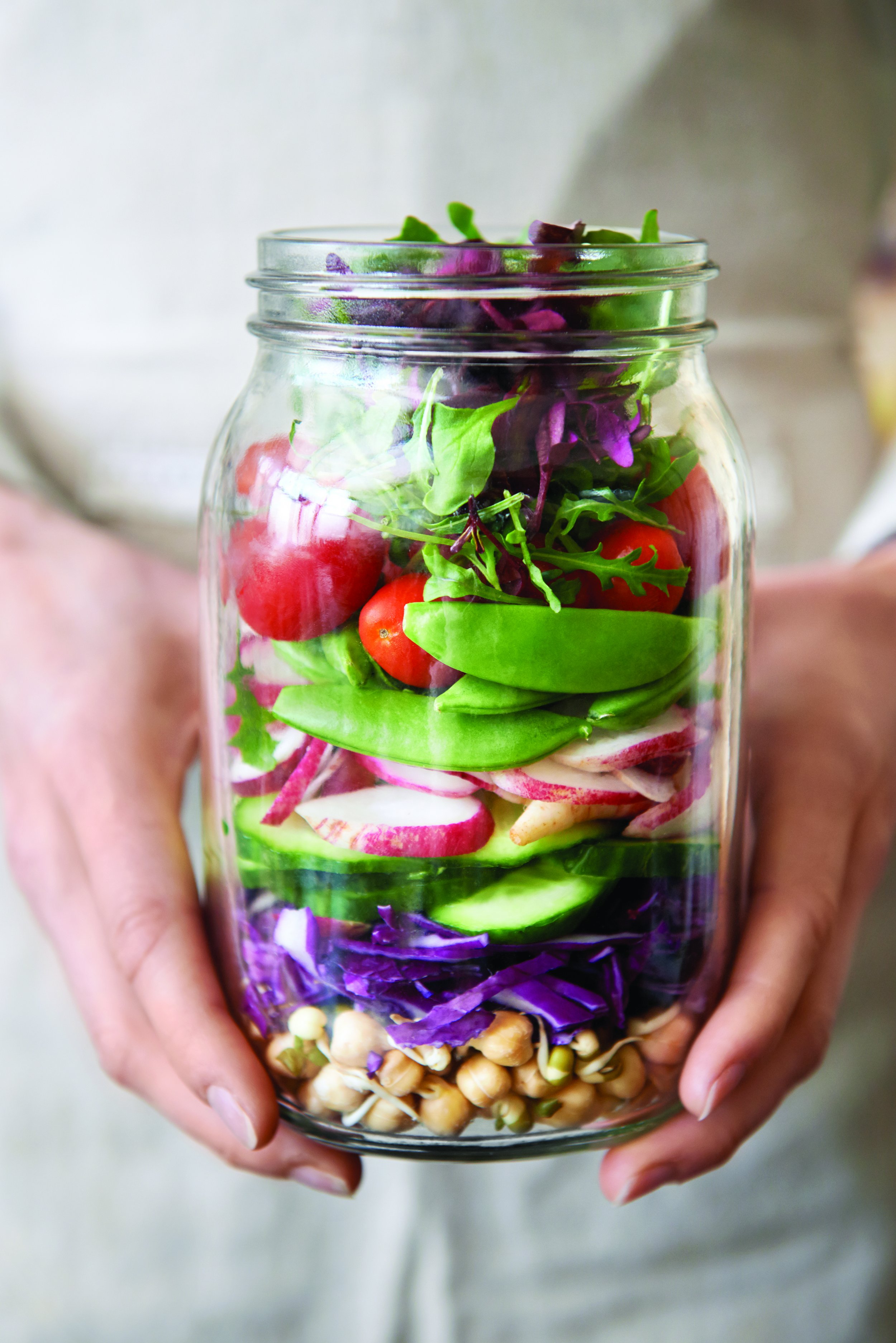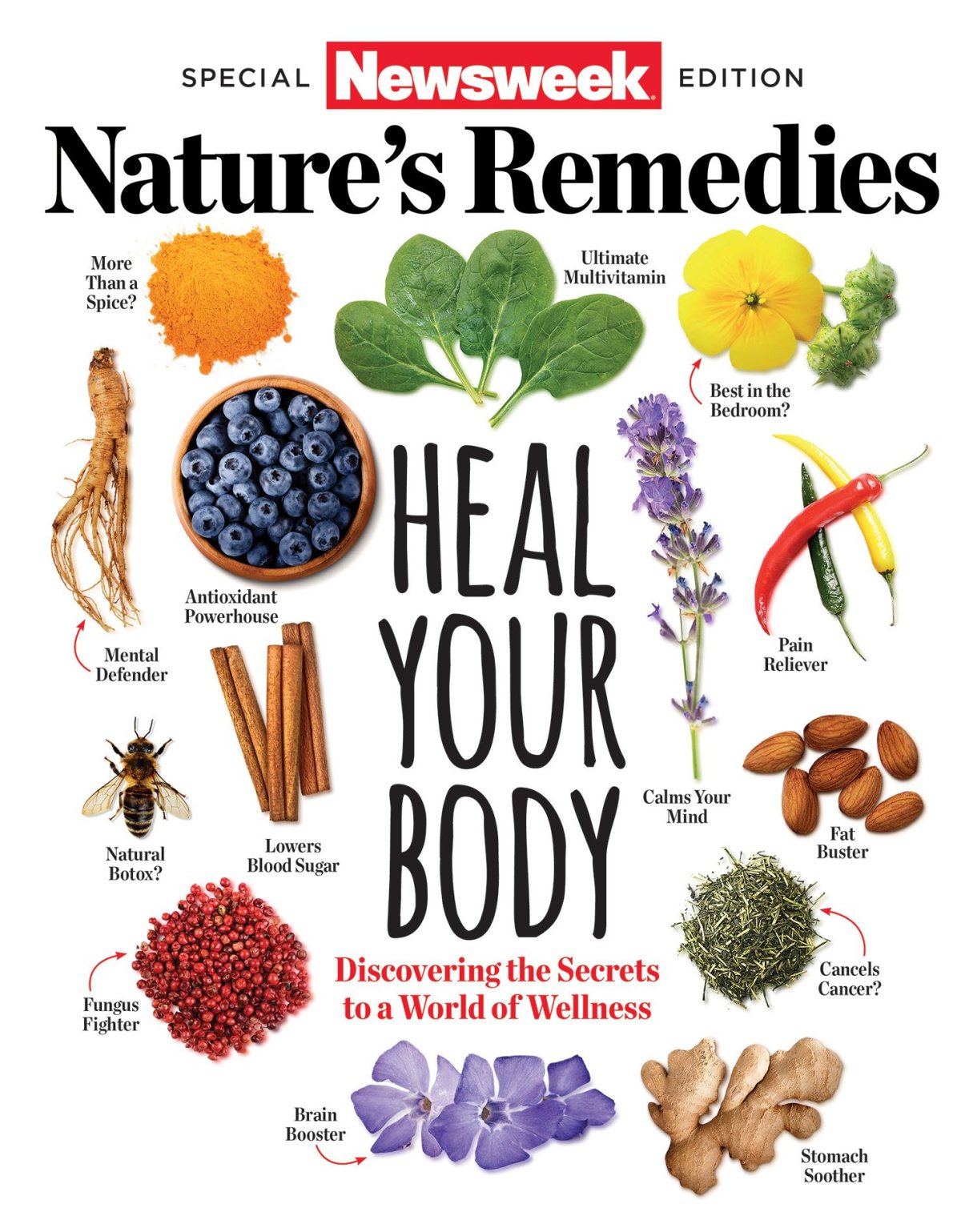
This article, and others on alternative, natural ways to increase your health, is found in Newsweek's Special Edition: Nature's Remedies—Heal Your Body.
The vast majority of the estimated 1.6 million Americans who were newly diagnosed with some form of cancer last year had their lives forever changed, no doubt forced to reckon with overwhelming feelings of uncertainty, helplessness and fear. It's estimated the disease cost more than 600,000 Americans their lives in 2016, and it remains one of the most serious medical threats a person can confront in his or her lifetime. For this reason, oncologists continue to create a barrage of treatments in their fight against the Big C ranging from the dramatic, like blasting the body with radiation, to the mundane, like telling their patients to eat well.
"While perhaps a third of all cancers are related to dietary factors, only a few people in contemporary American medicine realize that a well-structured, nutritional regimen may be useful in the treatment of cancer as well as essential in cancer prevention," writes Dr. Keith Block, co-founder of the Block Center Integrative Cancer Treatment, in the newsletter Nutrition Digest. The field is not unanimous in its endorsement, however, and while treatment through diet is causing excitement for some, it's eliciting cries of quackery from others.
The vast majority of medical professionals remain skeptical of claims that proper nutrition alone can drive cancer into remission—citing the dearth of evidence backing up such assertions—but mainstream science has by-and-large come to a consensus that what patients eat and drink affects how they react to treatments. "With a healthy diet, you'll go into treatment with reserves to help keep up your strength, prevent body tissue from breaking down, rebuild tissue and maintain your defenses against infection," the American Cancer Society posts on its website. "In fact, some cancer treatments work better in people who are well-nourished and are getting enough calories and protein." In other words, while an apple a day might keep the doctor away, a better rule to keep your oncologist happy is to never skip breakfast and make sure you're eating enough grilled chicken breasts.
The vague nature of the ACS's recommendations on what exactly to eat if one wants to ward off cancer reflects how personal nutrition is, and how any truly effective diet plan needs to be created in conjunction with nutritional experts. But in general, what's healthy for the general population is also what's good for cancer patients, meaning those battling the disease should continue to load up on green, leafy vegetables, lean proteins and healthy fats. One study conducted at the Albert Einstein College of Medicine trying to determine if cancer patients undergoing treatment benefit from a special diet found some evidence that shows restricting carbohydrates (and therefore reducing the amount of insulin the body produces) slowed cancer growth in some patients.
Though the question of prevention through diet is still a contentious one, there's a solid and growing body of evidence that what we eat can help us ward off cancer before it strikes. Again, rather than working on promises of miracle foods that can protect the body against all forms of the disease, a diet aimed at cancer prevention needs to incorporate a variety of foods to help reduce the risk. For example, according to a study in British Medical Journal, for every 10 grams of fiber consumed daily (found in whole grains such as oatmeal and brown rice), the risk of contracting colon cancer lowers by 10 percent. A cancer-conscious consumer should also be wary of processed meats, such as hot dogs, ham and bacon, which the International Agency for Research on Cancer classified as a carcinogen (studies found consuming 50 grams of those meats every day increased the risk of colorectal cancer by 18 percent). It's just one more reason to think before you eat.
This article was excerpted from Newsweek's Special Edition: Nature's Remedies—Heal Your Body. For more on the definitive guide to alternative methods of healing the mind, body and soul, pick up a copy today.

Uncommon Knowledge
Newsweek is committed to challenging conventional wisdom and finding connections in the search for common ground.
Newsweek is committed to challenging conventional wisdom and finding connections in the search for common ground.
About the writer
To read how Newsweek uses AI as a newsroom tool, Click here.








